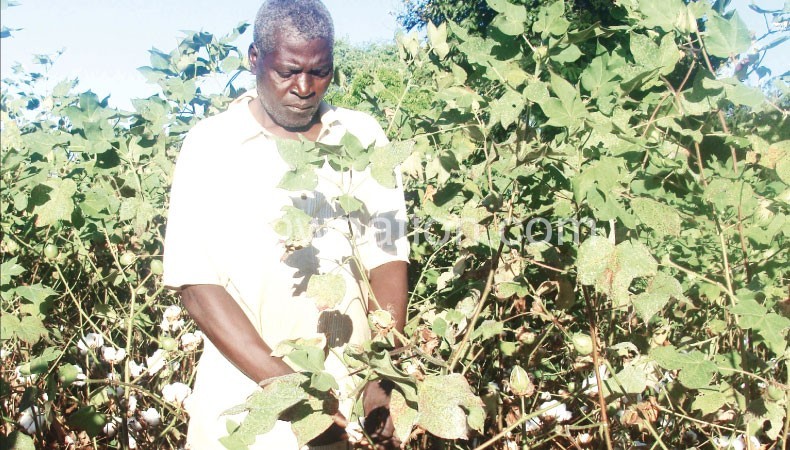‘Low production scares international buyers’
The African Institute of Corporate Citizenship (AICC) has warned that unless Malawian farmers start producing crops on a larger commercial basis, international buyers will continue shunning the country’s products on the international market due to high costs associated with its commodities.
AICC chief executive officer Felix Lombe told Business News that there is need for Malawian farmers to increase their yields by planting more crops.
“The problem we have currently is that international buyers are dumping us because we produce little but at the same time we want to fetch more.

“If we could produce more, we could be talking of selling our yields in bulks at competitive prices because we all know that if we have plenty we will sell more for plenty again,” said Lombe.
He said for this to be achieved, there is need for the building of partnerships which he said “ensure that all players come together and come up with clear targets while at the same time using limited resources.”
Mid this year, the United States of America Ambassador to Malawi Virginia Palmer made a similar comment regarding Malawi’s inability to be competitive on the international market.
In her speech during a dinner for the Institute of Chartered Accountants in Malawi (Icam) in Blantyre on May 29 2015, Palmer observed that the agricultural sector needed to move before the rest of the economy, further noting that even though about to 80 percent of Malawians work in agriculture, the sector contributes only 30 percent to the country’s GDP.
“Globally, yields have increased sharply. For example, global cereal yields increased almost two percent each over the past 60 years. But with the exception of some marginal gains in maize production, yields have remained stagnant here in Malawi.
“Low farm gate prices mean farmers are not earning the full value of their efforts or a fair price for the crops they produce,” she had said.
Recently, the Cotton Council of Malawi also bemoaned low production levels of cotton by farmers which it says leaves them expecting to realise more value from little harvests, a tendency which has left many cotton farmers disappointed.
The country’s economy is agro-based with agriculture contributing greatly to the national gross domestic product and employing 80 percent of the total workforce. Tobacco, which contributes about 60 percent of foreign exchange earnings, tea, sugar, cotton, natural rubber, coffee and nuts are among Malawi’s main exports. n





